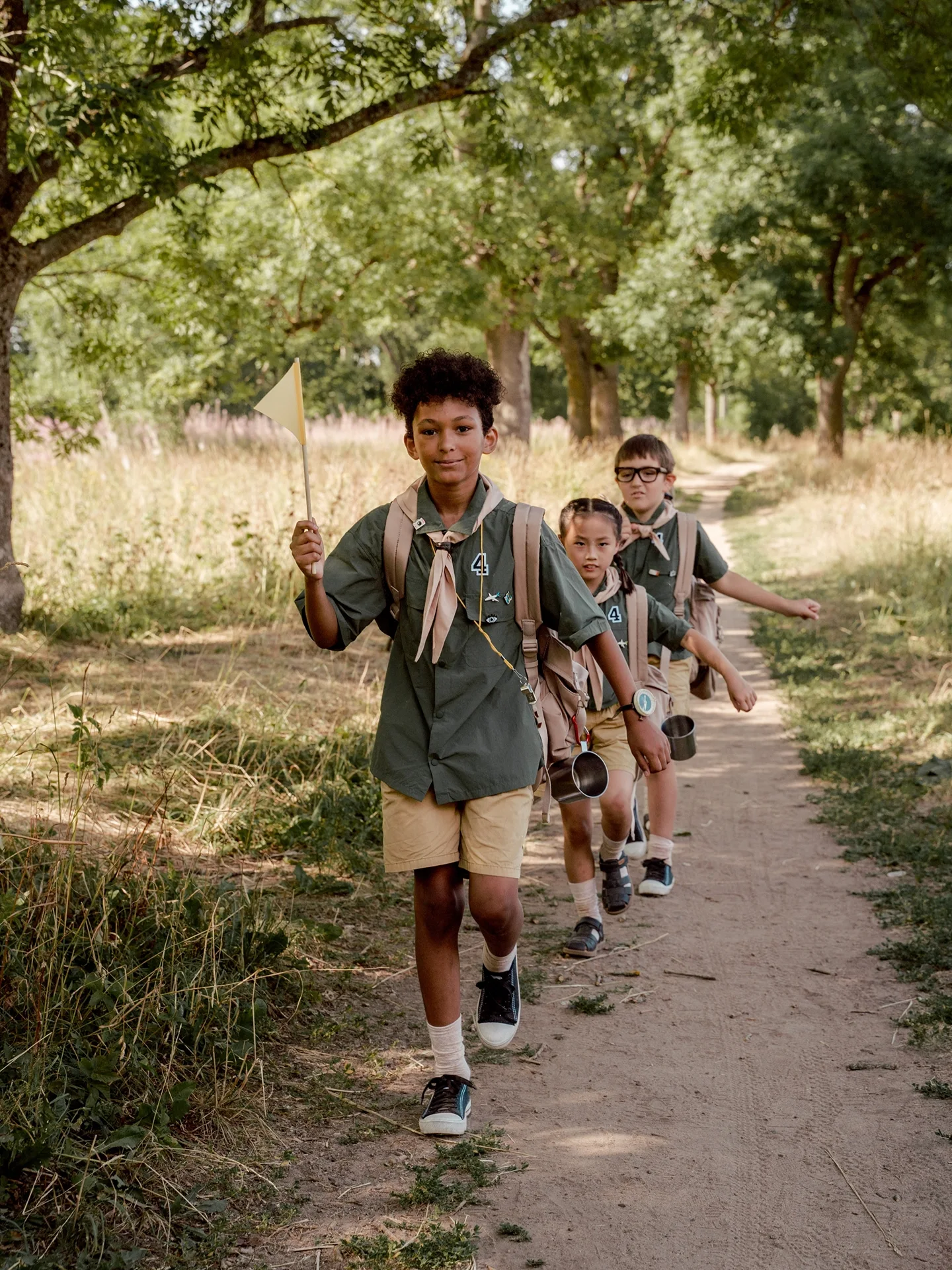It's time to start thinking about summer plans, and for many families, that means summer camp. After the past few years, the prospect of getting out of the house, being active, and socializing with other kids sounds intriguing.
While COVID-19 remains a threat, vaccinations and the fact that so many individuals have become ill and established some natural immunity have made summer camp less dangerous. Unfortunately, this does not mean that families do not need to consider COVID-19 while making arrangements, because they do.
What to do before signing up for summer camp this year
Consider your family's individual risk factors before ever considering camp. If your child is 5 or older and has not yet been vaccinated, now is the time to do so. Please see your doctor if you have any questions or concerns regarding the immunization. Make sure your children are up to date on their normal childhood vaccines while you're at it. Because of the outbreak, many youngsters have fallen behind.Talk to your doctor about the pros and cons of camp if your child
- isn’t or can’t be vaccinated, since it’s important to think about factors that might make getting COVID riskier.
- has health problems like asthma or congenital heart disease that put them at higher risk of complications of COVID-19.
- has a weakened immune system for any reason. Whether or not your child is vaccinated, it’s always important to check in with their doctor before sending them to camp, or any group activity.
Questions to ask any camp you’re considering
These days, most communities have dropped mask mandates. While it’s certainly nice to not have to wear one — and to see people’s faces — masks do make a difference when it comes to preventing the spread of infection. COVID-19 is still causing illness and is likely to be with us beyond this summer. Before signing up for camp there are things parents should think about — and questions they should ask.
Where is the camp, and where are the campers and staff from? A local day camp with children and staff mostly from a town with low numbers of COVID cases is going to be lower-risk than one in a community with higher numbers, or one that draws from many different communities, including some with higher numbers. The Centers for Disease Control and Prevention has a database of case numbers by county.
What is the vaccination status of the staff and campers? Ideally, all eligible staff and campers should be vaccinated — with not just their primary series, but any booster doses they are eligible to receive.
How is the camp screening for symptoms or exposures, and what guidelines do they have in place?This is especially crucial when there are unvaccinated employees or campers, or when case counts are high. Based on the findings of those screenings, the camp should have a plan in place for screening campers and staff for symptoms, as well as appropriate measures for staying home, testing, and quarantine. Learn how kids and staff will be handled if they are exposed outside of camp. Quarantine space and testing should be available in sleepaway programs. Also inquire about their testing criteria.
Are activities mostly indoors or mostly outdoors? The more outdoor activities, the better. Indoor activities are safest in well-ventilated spaces.
What is the policy on wearing masks? Wearing a mask for 10 days after testing positive for COVID or being in close contact with someone who has it is essential to help others stay healthy. (Also follow recommendations for quarantine or isolation described in this tool from the CDC.) Masks may also be a good idea for indoor situations where people are close together — and some staff and campers might simply feel more comfortable wearing a mask. The camp should have a culture that allows those who choose to wear masks to feel comfortable doing so.
What is the plan for shared equipment and surfaces? One is far more likely to catch an infection from a person than a surface, but it’s important that anything that multiple people touch be wiped down regularly.
What is the plan for handwashing? Regular handwashing with soap and water or hand sanitiser is important to limit the spread of germs, including the virus that causes COVID-19. Parents should ask how often campers will be washing their hands, and about the availability of hand sanitiser.
What is the plan for meals? Eating together increases the risk of transmission of COVID-19. The risk is lower if people eat outdoors or have some space to spread out — and if they bring their own food rather than sharing.
Even if we all think we're done with COVID-19, the truth is that COVID-19 isn't finished with us. Children, especially when their lives have been so disrupted, require the experiences that camp can provide — and with a few safeguards, they can have fun while being safe.
 |
| PEXEL PHOTO |
